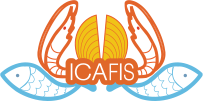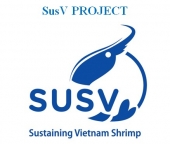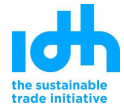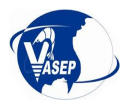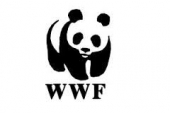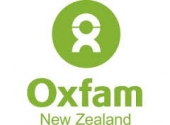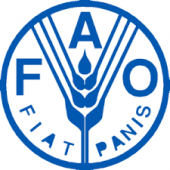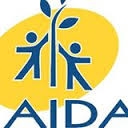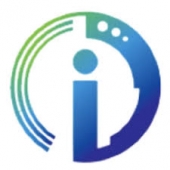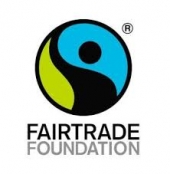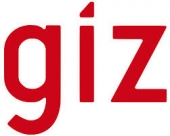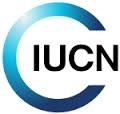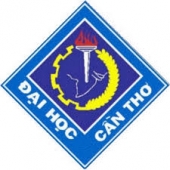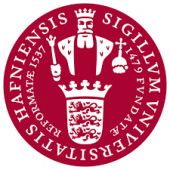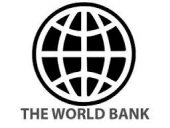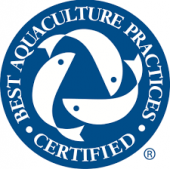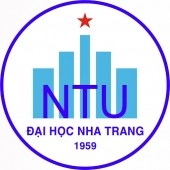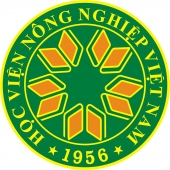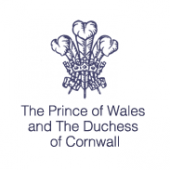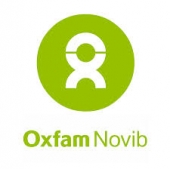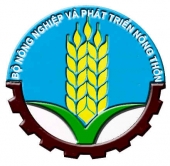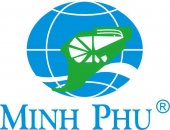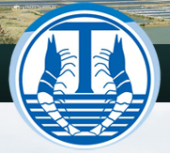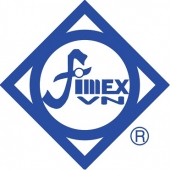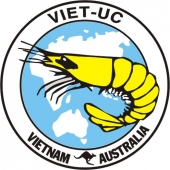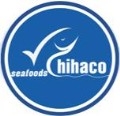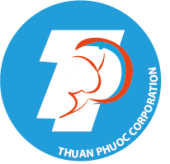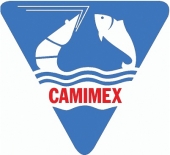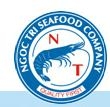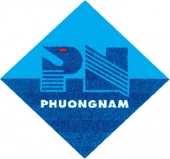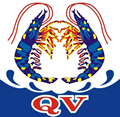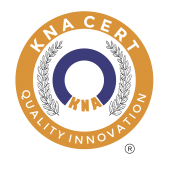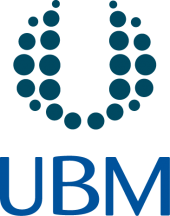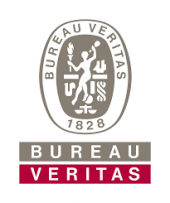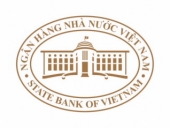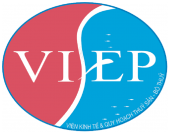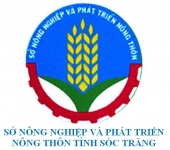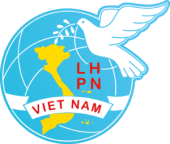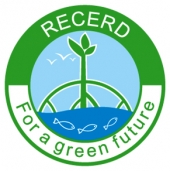Dr Flavio Corsin
Source: vietnamnews.vn
HA NOI — The Viet Nam Association of Seafood Exporters and Producers (VASEP) wants the World Wide Fund for Nature to ask its European-based members to reconsider the decision to put tra fish on their Red List, its deputy director Nguyen Huu Dung said yesterday.
He also asked the network to promptly publish its standards and criteria for the management of tra fish production in Viet Nam and correct its mistake of advising European consumers to look for alternative seafood.
The WWF has transferred the catfish from the yellow to the red list in its updated 2010-11 Seafood Guides in Germany, Austria, Switzerland, Belgium, Norway and Denmark.
The WWF recommends that buyers not buy red-listed fish but instead choose a secondary to species from its green list.
Deputy director Dung described the warning as unscientific and based on biased evidence.
The decision would cost both producers and consumers heavily and adversely impact the WWF's prestige, transparency and honesty, he warned.
"The VASEP will create favourable conditions for WWF experts to make a fact-finding tour of Viet Nam's fish farms as well as tra fish processors and exporters," he said. "We are willing to supply information, co-operate and acquire constructive opinions."
Confident
Deputy director Dung was confident co-operation with the fund and other international organisations would have tra transferred to the green list.
The WWF had worked with Viet Nam's fisheries industry to build a sustainable tra breeding criteria, he said.
This meant that the progress in tra fish farms and production in Viet Nam together with United States global standards for agricultural produce and Safe Quality Food certification must be acknowledged.
The result was that the high quality, value and reasonable price of Tra had made the fish popular with European consumers despite numerous barriers and campaigns to discourage buyers.
Viet Nam exported more than 538,200 tonnes of tra worth US$1.1 billion to more than 120 countries in the first ten months of this year.
About 184,360 tonnes or 36.8 per cent of the exports went to Europe.
The Fisheries Directorate will discuss the issue with WWF, Viet Nam, today. — VNS
Centre to help tra review
The WWF assessment of tra fish farming as "to be avoided" came as a surprise to the International Collaborating Centre for Aquaculture and Fisheries Sustainability (ICAFIS), the sustainability arm of the Vietnam Fisheries Society (VINAFIS), for several reasons.
Firstly, the ICAFIS director, while working for the WWF last year, was personally involved in the WWF assessment of the fish, which at the time were a "yellow-listed" item—an alternative to "green-listed" items deemed good for the environment. Although ICAFIS understands that the methodology for assessment has changed, they are puzzled as to why an improved industry is now considered "non-sustainable".
Secondly, the WWF is known to advocate strongly for a multi-stakeholder approach towards sustainability, hence its support for the Aquaculture Stewardship Council (ASC). However, the methodology applied to conduct this assessment was developed by a small number of organisations, which are far from representing the "views of the stakeholders".
In addition, the actual assessment results and scores have not been discussed with any key organisations involved in tra fish aquaculture. Hardly a multi-stakeholder approach!
Tra fish aquaculture is not perfect. This is why several stakeholders in Viet Nam (including public and private sector, NGOs, etc.) have been working and succeeding at increasing its sustainability. This is also why ICAFIS has been supporting efforts towards the implementation of ASC standards in tra fish farms, as the ASC is by far a better approach to improve the sector than this "traffic-light" listing.
Condemning conventional production even before the ASC is up and running, does not help anybody, neither the environment nor the industry.
ICAFIS, which is also involved in developing global standards for shrimp, is supporting farmers to achieve certification, is a member of the ASC technical advisory group, and is willing to work with the WWF and other organizations to improve the criteria and the assessment to avoid unnecessary negative impacts on the industry.
We are also open to work with the WWF to review the assessment to ensure its accuracy even though we believe the ASC is a much more credible mechanism to improve the sustainability of the sector. We also welcome the opportunity to use VINAFIS's 800 local branches to consult with our 34,000 members, which include farmers, fishers and processors, and seek their input in any sustainability efforts
